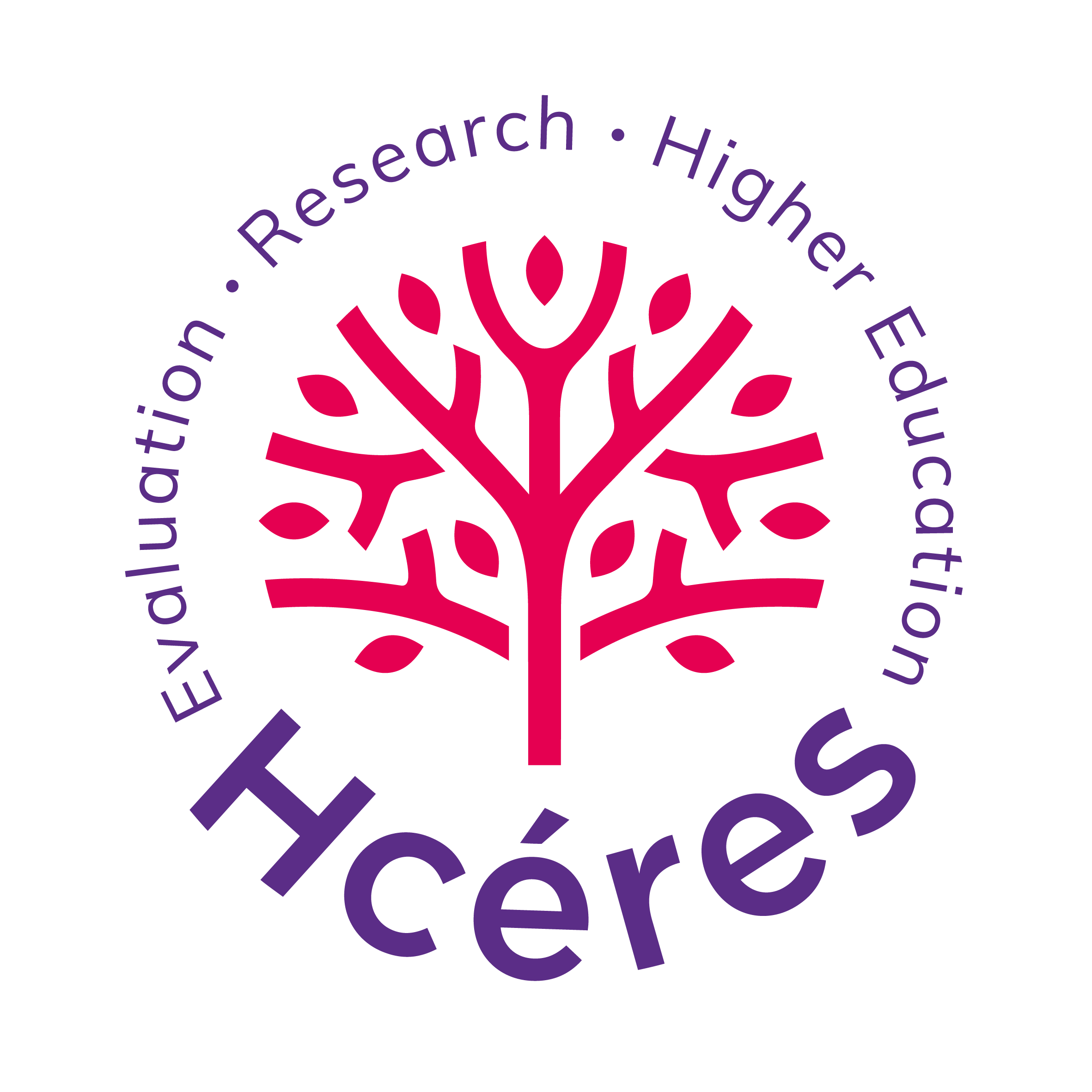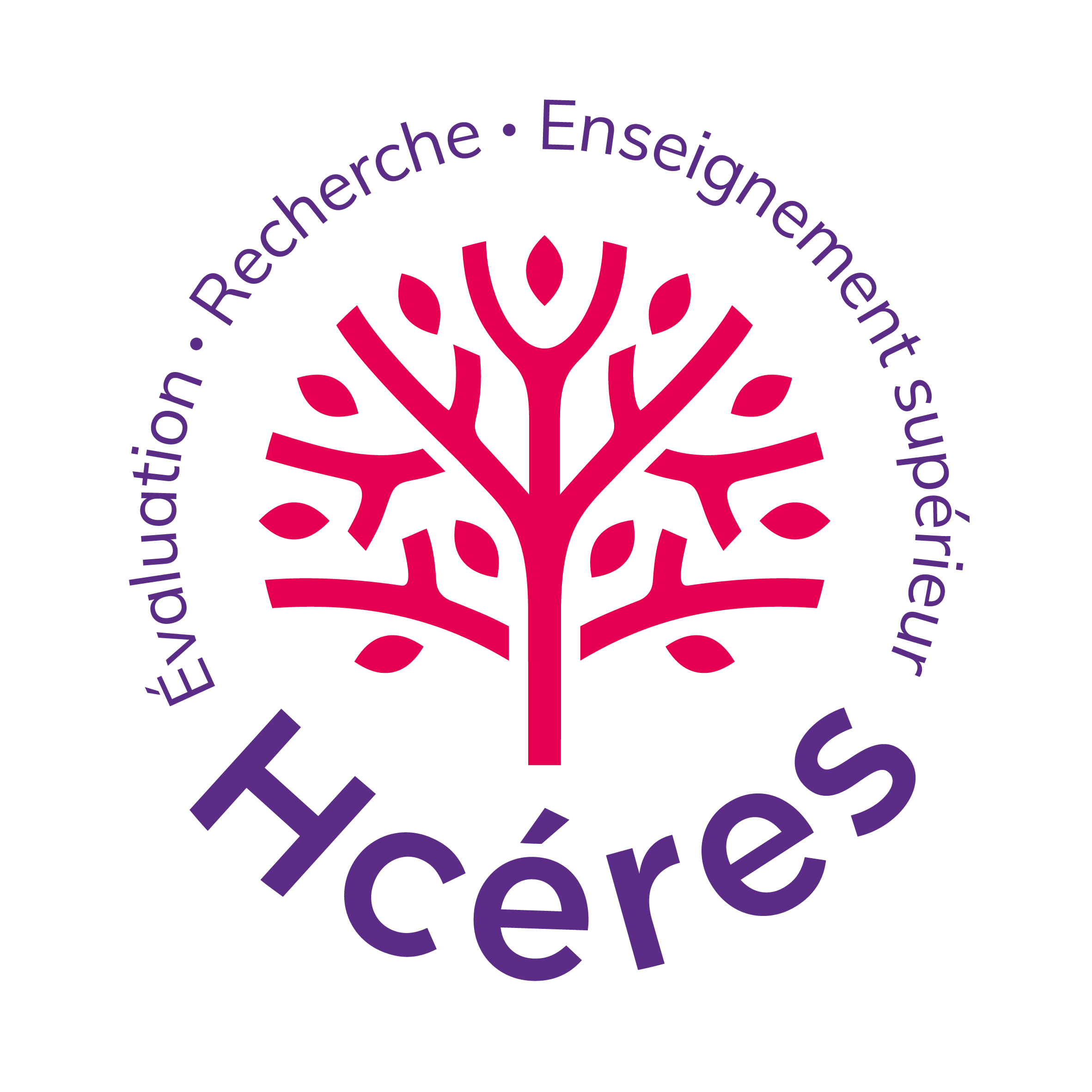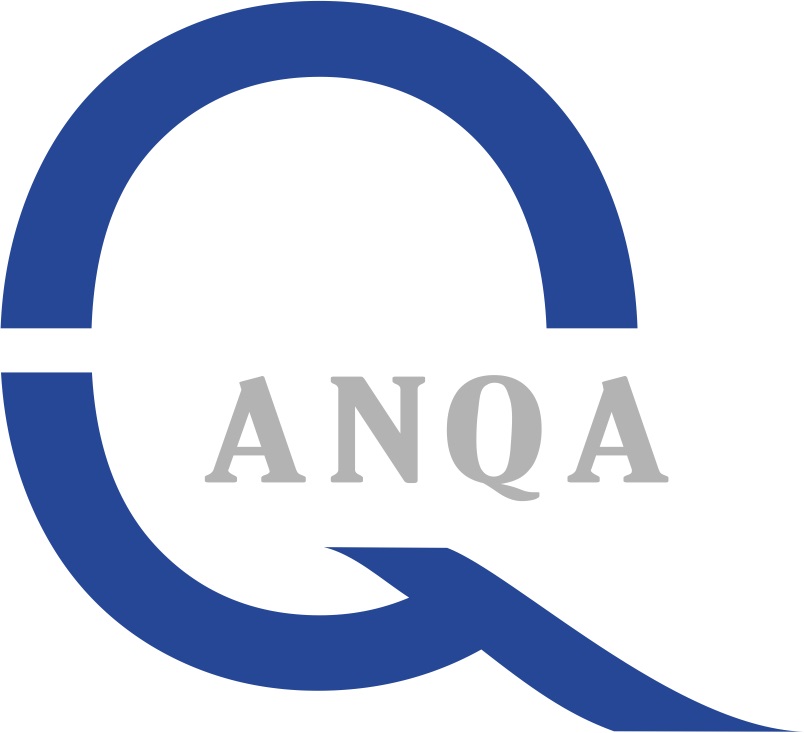The Support for the enhancement-oriented implementation of the quality assurance key commitment (SIQA) project
In the latest ministerial communiqué (Tirana 2024) of the Bologna Follow-Up Group, the ministers of the 49 contries if the European Higher Education Area reaffirmed the previous key commitments on quality assurance and recognised the important contribution of the Thematic Peer Groups to improving the progress of the implementation of the key commitments, even though the overall implementation of these key commitments remains incomplete and uneven across countries. Since 2018, the Thematic Peer Group C (TPG C) on quality assurance has been supporting the implementation of these key commitments in the member countries of the European Higher Education Area. Hcéres and Commission des titres d’ingénieur represent France and co-chair this working group for the period 2024-2027, alongside the Armenian (ANQA) and Romanian (ARACIS) agencies.
The SIQA project
The Support for the enhancement-oriented implementation of the quality assurance key commitment project, funded by the European Commission, supports the work of TPG C for the period 2025-2028. It is coordinated by ARACIS and builds on the results and good practices of the Implementation and Innovation in Quality Assurance through peer learning (IMINQA) which supported the work of TPG C between 2022 and 2025. The SIQA project aims to support TPG C member countries through thematic activities that promote the achievement of key ministerial commitments on quality assurance issues through peer learning activities, transnational dialogue and the exchange of good practices. In particular, the latest key commitments focused on the implementation of the Standards and guidelines for quality assurance in the European Higher Education Area, quality assurance of transnational education, cross-border quality assurance practices, including joint programme evaluations, and quality assurance in flexible learning pathways. Ministers also invited the authors of the ESG to propose an updated and revised version to be approved at the next ministerial conference in 2027.
Consortium partners
|
|
|
|
|
Agency for Quality Assurance in Higher Education (ARACIS) – Roumanie Coordinator |
Haut Conseil de l'évaluation de la recherche et de l'enseignement supérieur (Hcéres) - France Partner |
Commission des titres d’ingénieur (CTI) - France Partner |
|
|
|
|
|
National Centre for Professional Education Quality Assurance Foundation (ANQA) - Aménie Partner |
European association for quality assurance in higher education (ENQA) Partner |
European quality assurance register for higher education (EQAR) Partner |
Goals and activities
- Organisation of thematic peer support activities, dialogue and transnational exchanges, within the framework of regular meetings of TPG C members. Support TPG C members in promoting the implementation of the ESG through thematic analyses and discussions on the revision of the ESG and the European Approach for Quality Assurance of Joint Programmes scheduled for 2027. The SIQA project also includes a number of actions aimed at improving the transparency of information on the status of ESG implementation in European countries through the development of the EQAR knowledge base.
- Organisation de visite d’études entre les membres du Thematic Peer Group C afin d’échanger de bonnes pratiques en matière d’assurance qualité, de favoriser le dialogue transnational et de stimuler l'apprentissage entre pairs et la compréhension mutuelle entre les pays de l’espace européen d’enseignement supérieur.
- Organisation of study visits between TPG C members to exchange good practices in quality assurance, promote transnational dialogue and stimulate peer learning and mutual understanding between countries in the European Higher Education Area.
- Advance the work of national authorities and quality assurance agencies to fulfil key Bologna commitments on the international dimension of quality assurance, by facilitating and improving the implementation of joint programme evaluations with the European Approach for Quality Assurance of Joint Programmes, cross-border quality assurance and quality assurance of transnational education. These actions will be based in particular on the development of EQAR's knowledge base.
- After 25 years of the Bologna Process, propose peer learning on innovative practices and provide a space for discussion, both for “mature” external quality assurance systems, which may need to renew themselves with innovative perspectives, and for younger systems that may already be making the leap towards innovation. Three topics will be addressed: quality assurance of flexible learning pathways, quality assurance of European university alliances, and the renewal of our quality assurance cultures in a constantly changing world plagued by quality assurance fatigue. These activities are coordinated by Hcéres and CTI.







